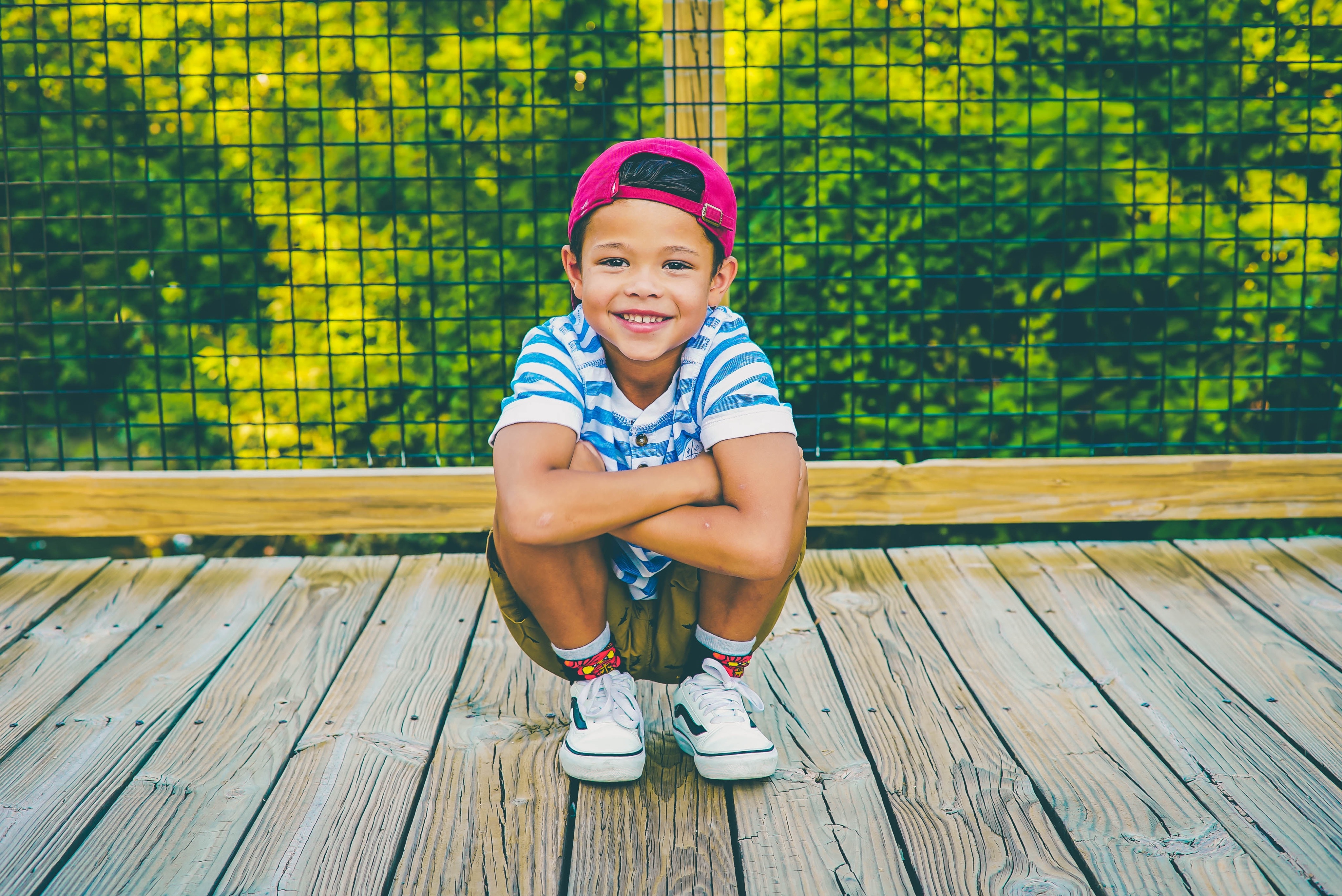It’s never been clearer that the world needs leaders and decision makers with the ability to successfully navigate tough situations—economically, politically, socially, and environmentally. We expect good leaders to be calm, focused on the issues, connected to the people around them and the world they live in, and come up with new ideas to solve important problems—all without adding to the havoc or burning out.
Mindful leaders are successful because they lead with a clear head and open heart.
They rely on skills such as empathy, social problem solving, self-regulation, and responsible decision making, all while showing respect for others. They understand their emotions don’t define them, but are more like road signs helping them navigate the surprise bumps and tricky turns in the road. But becoming socially and emotionally aware and skillful doesn’t just happen by chance. It requires thoughtful parenting, educating, and mentoring at all stages of development.
On International Women’s Day this year, Satya Nadella, CEO of Microsoft, wrote a social media post called, “Enduring Lessons from My Mother” recognizing the contributions women make to their families, their professions, and their communities. In reflecting on how his own mother raised him, he described how she modeled “practicing things that nourish your soul as much as your intellect.”
There are many ways families and educators approach “nourishing the soul” or building the kind of foundation that sets a child up for a balanced, purposeful, and happy life. More and more, parents and educators are turning to mindfulness practices to set the stage.
But how do you teach mindfulness in a way that’s developmentally appropriate, so kids can apply it at home and school now, and later as adults out in the world?
At Committee for Children (CFC), we have a longstanding history with educators, helping them teach foundational social-emotional skills. Through our evidence-based Second Step social emotional learning curriculum, we reach more than 10.6 million children around the world every year, equipping them with essential skills in problem solving, self-regulation, communication, empathy, and perspective taking.
Our newest innovation, Mind Yeti, is a research-based mindfulness app for kids ages 5–12 and their adults to learn and practice mindfulness skills together. Children learn to settle the “Hubbub”—the thoughts, feelings, and sensations that swirl around them—by listening to audio sessions uniquely tailored to their needs.
Evidence shows that when children are empowered to manage their emotions, problem-solve, and cooperate, they’re more likely to achieve social and academic success. The outcome is mindful young people who can enter the adult world as the best version of themselves. They’ve developed skills that will carry them forward to any challenge in life, especially in leadership roles.
In January 2015, Harvard Business Review declared, “Authenticity has emerged as the gold standard for leadership.” According to Bill George, Senior Fellow at Harvard Business School and author of Authentic Leadership and True North, “Authentic leaders monitor their words and behaviors carefully to be attuned to their audiences and to enroll their colleagues and teammates. They do so because they are sensitive to the impact their words and actions have on others.”
By building skills in children today, we’re helping them create a safe and positive society for the future. We’re helping them understand the power of mindfulness, one breath at a time.
Mia Doces is exploring new avenues for broadening Committee for Children’s mission impact. Prior to this role, she worked for seven years with the talented research and development team in creating Committee for Children’s social-emotional learning and anti-bullying curricula and trainings. She works on state- and national-level youth initiatives, serving on the Washington State legislative anti-bullying work group and advising organizations such as Sesame Workshop and the Born This Way Foundation on bullying prevention and social-emotional learning.
Ms. Doces holds a BA from Vassar College and a masters of education from Western Washington University. She has 15 years of media production experience with an emphasis on educational media, and her work was recognized with a 2011 CINE Golden Eagle award.
Ms. Doces worked for five years in Seattle Public Schools as a teacher and school counselor. From 2007–2011, she co-chaired Prevention Works in Seattle, a Drug Free Communities coalition.


